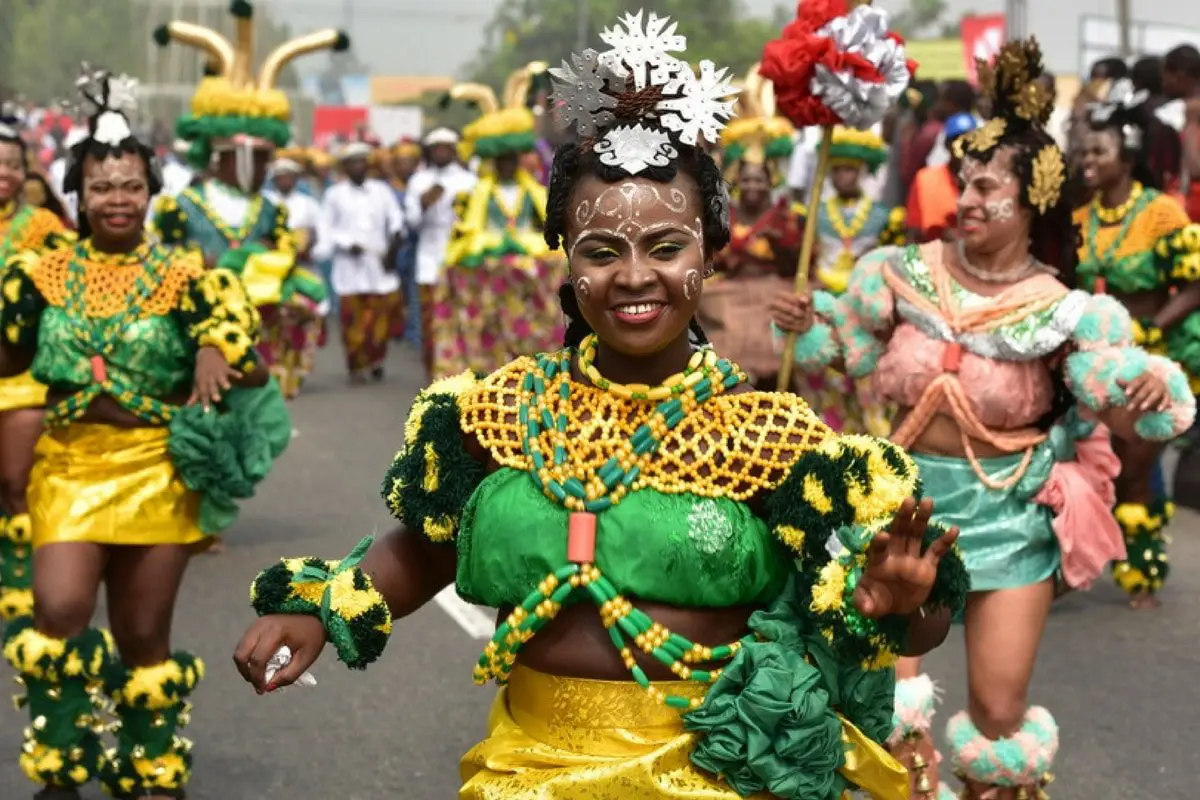With Easter less than a week away, millions of Christians around the world have been anticipating the commemoration of Jesus Christ’s sufferings, sacrifices, and resurrection. Easter has long been an African tradition held and celebrated in Western and Southern Africa by over 350 million Christians on the continent.
In contrast to Western-style celebrations, Easter in Africa is marked by a greater emphasis on community activities, especially in rural areas where people live in clustered traditional houses. The influence of African rituals on contemporary Easter is also interesting and gives this holiday a truly authentic African feel. Unfortunately, this year’s celebrations may be smaller with the coronavirus’s effects than in previous years.
Here’s what you need to know about the Easter holidays from an African perspective.
Also read: Experience Electrifying Easter Traditions In Africa
For the spiritually inclined, fasting is crucial in many African countries. Fasting is a part and aspect of religion instrumental in strengthening faith and increasing patience and humility. This is in solidarity with the 40 days and 40 nights Jesus spent in the wilderness resisting the devil’s numerous temptations. Devote christens will fast for 40 days, during which no luxury products can be consumed; items such as meat or dairy products.
There is a trait that the African people possess; it has to be a keen sense of togetherness. This is more evident at the family level. The Easter weekend translates to a long weekend, which is ideal for a big family get-together. Family members will be able to travel far and wide, congregating in sizable groupings across the continent. This is an opportunity for siblings to catch up and the re-acquaintance of cousins from different families. These family gatherings provide bonding opportunities; they give each family member a sense of belonging. When I was a child, these family gatherings were the staging ground of that uncomfortable ritual of identifying family members I was not familiar with. That dread question “do you remember me” comes to mind; such moments live with you forever.
In Africa, church Easter services are probably the most essential and spiritual aspect of Easter. These start From the Thursday before Good Friday, when Jesus was crucified, until the end of Easter Sunday, when he was reborn. It is no surprise Africans still attend church services in large numbers.
People pay great attention to how they dress. They wear black on Good Friday to commemorate Jesus’ suffering and death, while white is the favoured colour on Easter Sunday. Prayers, Bible verse readings, and singing are also part of these emotionally charged church services.
The churches must be furnished with traditional clothing with butterfly and flower designs before the vigils. The church choir prepares to sing the hymns for the final time. The vigils take place between 3-6 p.m. Modern dancers can also be seen outside temples, accompanied by rhythmic drum beats.

African Dance [Photo: Creative Travel Guide]
After the lengthy church service, I remember rushing back home to a feast of epic proportions. Remember, we would have been fasting for 40 long days, and the decadence of a variety of meats and treats would be a welcome relief. One word that best describes Easter meals is ‘delicious’.
From warm spicy hot cross buns to seafood delights like the king prawn rougaille and octopus curry, Rougaille is a tomato-based sauce. This is has a variety of spices such as ginger, garlic, thyme and coriander, and it will leave you licking your lips.
Also read: The Life And Times Of Obama’s Kenyan Granny Mama Sarah Obama
Easter lunch takes place in the late afternoon after the church service, and I found it a cross between lunch and dinner. While each African country will have their version of this meal ranging from cassava, rice, meat (beef, goat seafood, lamb or chicken), and vegetables in season, you can be sure that this feast will be delicious.
Africans are warm giving people, and this is our best trait, in my opinion. Away from the merrymaking and celebrations that take place over the Easter holiday, Easter is a time to remember the less fortunate. Soup kitchens pop up in the most unlikely of places serving meals to the less fortunate in society. Homeless shelters and orphanages receive a mixture of goodies and basics. These seemingly small charitable gestures mean the world to the less fortunate and gives them a reason to smile.








